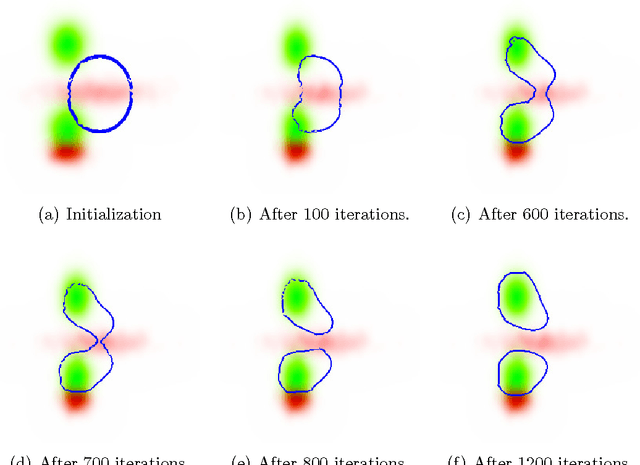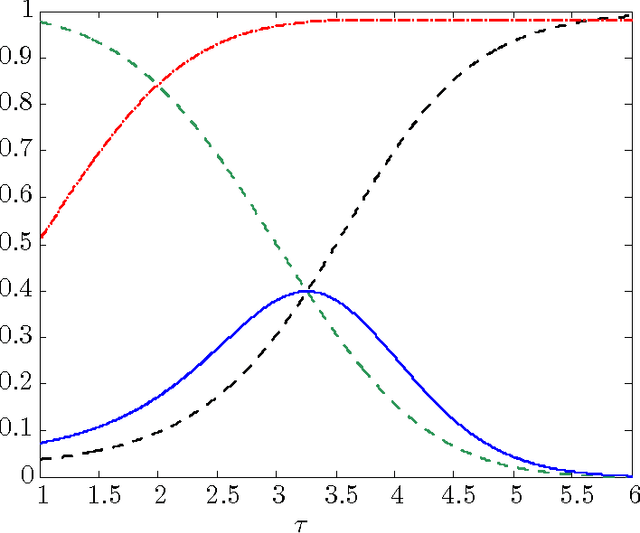Alicia Fernández
Towards Foundation Auto-Encoders for Time-Series Anomaly Detection
Jul 02, 2025Abstract:We investigate a novel approach to time-series modeling, inspired by the successes of large pretrained foundation models. We introduce FAE (Foundation Auto-Encoders), a foundation generative-AI model for anomaly detection in time-series data, based on Variational Auto-Encoders (VAEs). By foundation, we mean a model pretrained on massive amounts of time-series data which can learn complex temporal patterns useful for accurate modeling, forecasting, and detection of anomalies on previously unseen datasets. FAE leverages VAEs and Dilated Convolutional Neural Networks (DCNNs) to build a generic model for univariate time-series modeling, which could eventually perform properly in out-of-the-box, zero-shot anomaly detection applications. We introduce the main concepts of FAE, and present preliminary results in different multi-dimensional time-series datasets from various domains, including a real dataset from an operational mobile ISP, and the well known KDD 2021 Anomaly Detection dataset.
On the Usage of Generative Models for Network Anomaly Detection in Multivariate Time-Series
Oct 16, 2020



Abstract:Despite the many attempts and approaches for anomaly detection explored over the years, the automatic detection of rare events in data communication networks remains a complex problem. In this paper we introduce Net-GAN, a novel approach to network anomaly detection in time-series, using recurrent neural networks (RNNs) and generative adversarial networks (GAN). Different from the state of the art, which traditionally focuses on univariate measurements, Net-GAN detects anomalies in multivariate time-series, exploiting temporal dependencies through RNNs. Net-GAN discovers the underlying distribution of the baseline, multivariate data, without making any assumptions on its nature, offering a powerful approach to detect anomalies in complex, difficult to model network monitoring data. We further exploit the concepts behind generative models to conceive Net-VAE, a complementary approach to Net-GAN for network anomaly detection, based on variational auto-encoders (VAE). We evaluate Net-GAN and Net-VAE in different monitoring scenarios, including anomaly detection in IoT sensor data, and intrusion detection in network measurements. Generative models represent a promising approach for network anomaly detection, especially when considering the complexity and ever-growing number of time-series to monitor in operational networks.
A new framework for optimal classifier design
Sep 12, 2013



Abstract:The use of alternative measures to evaluate classifier performance is gaining attention, specially for imbalanced problems. However, the use of these measures in the classifier design process is still unsolved. In this work we propose a classifier designed specifically to optimize one of these alternative measures, namely, the so-called F-measure. Nevertheless, the technique is general, and it can be used to optimize other evaluation measures. An algorithm to train the novel classifier is proposed, and the numerical scheme is tested with several databases, showing the optimality and robustness of the presented classifier.
 Add to Chrome
Add to Chrome Add to Firefox
Add to Firefox Add to Edge
Add to Edge